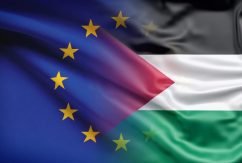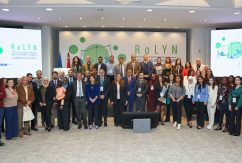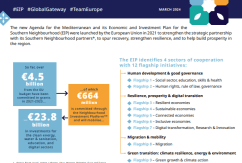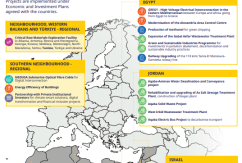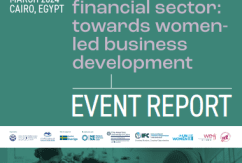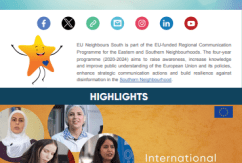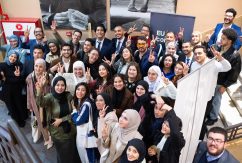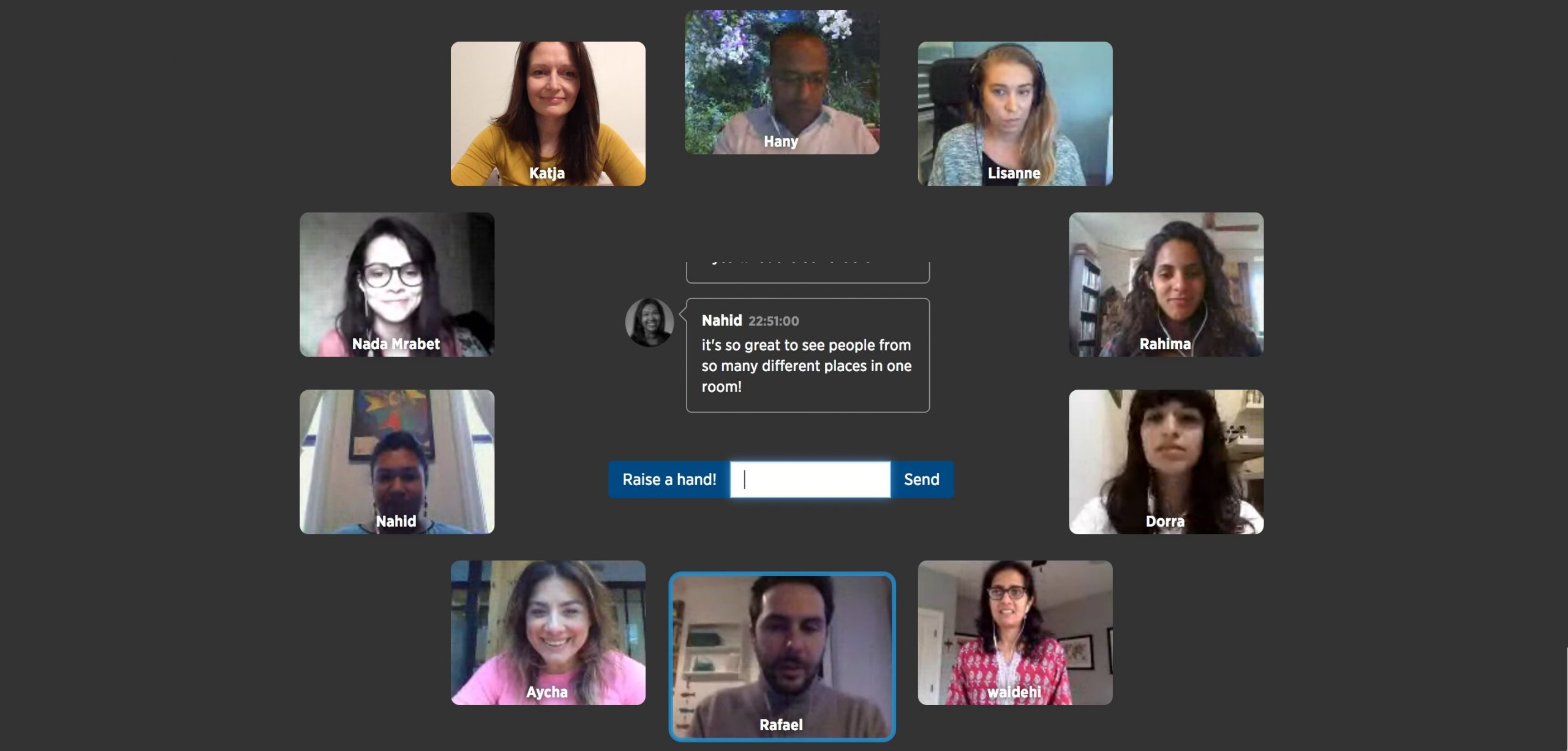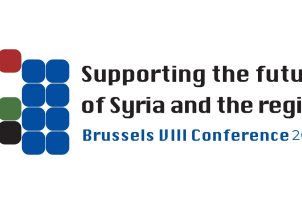Tackling human trafficking: more urgent than ever in COVID times
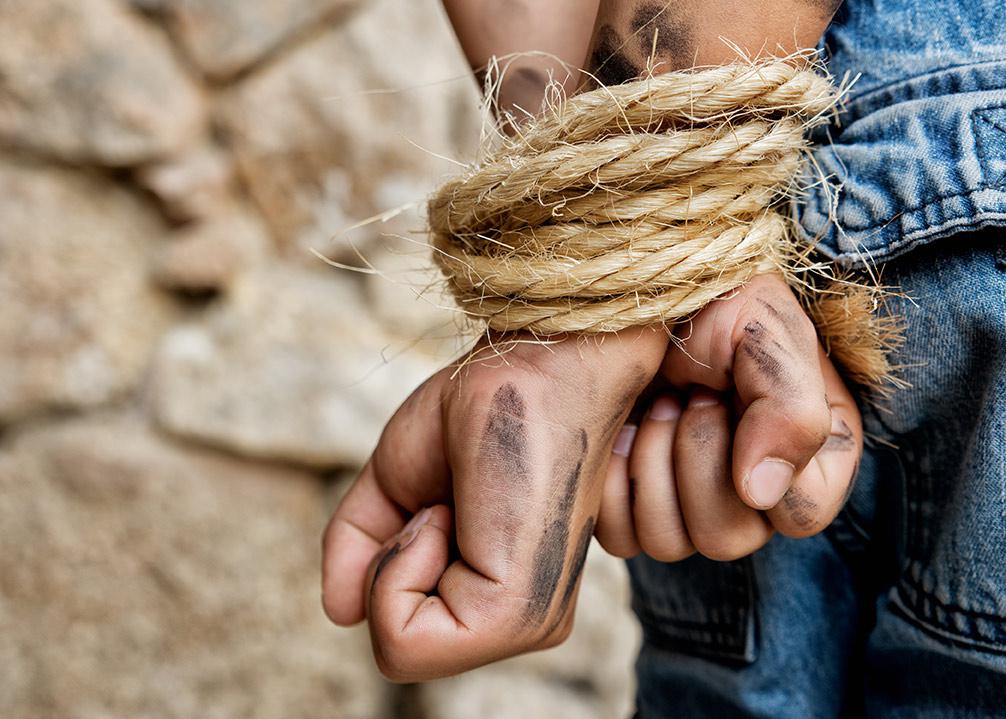

On EU anti-trafficking day in human beings (18 October), the European Union reaffirms its commitment to protect victims, support survivors and prosecute perpetrators of human trafficking.
“As criminals continue to make huge profits from exploiting their victims, we need to increase our efforts in prevention, investigation, prosecution and conviction of human traffickers”, said Vice-President for Promoting our European Way of Life, Margaritis Schinas, in a EU statement to mark the date. “The early identification of victims will be a specific theme of the Commission’s forthcoming approach towards the eradication of human trafficking, as set out in the recent Security Union Strategy”.
Under COVID-19, the root causes leading to human trafficking have been exacerbated, according to the UN Office on Drugs and Crime (link is external) and several civil society organisations. Financial hardship on families, limited labour protections, closing of schools, mass movements of people and an increasing lack of social or economic opportunities may lead to a further development of human trafficking networks. Besides, they point out that the massive increase in the use of digital technologies during the pandemic may make children more vulnerable to online sexual predators.
“Children constitute nearly a quarter of all victims in the EU, most of them girls. They are trafficked for sexual exploitation, forced labour, and criminal activities”, said Commissioner for Home Affairs, Ylva Johansson. “Nearly three quarters of all victims in the EU are female, who are trafficked for all forms of exploitation, experiencing violence and inequality. All victims of trafficking need early intervention and support”.
Read more
